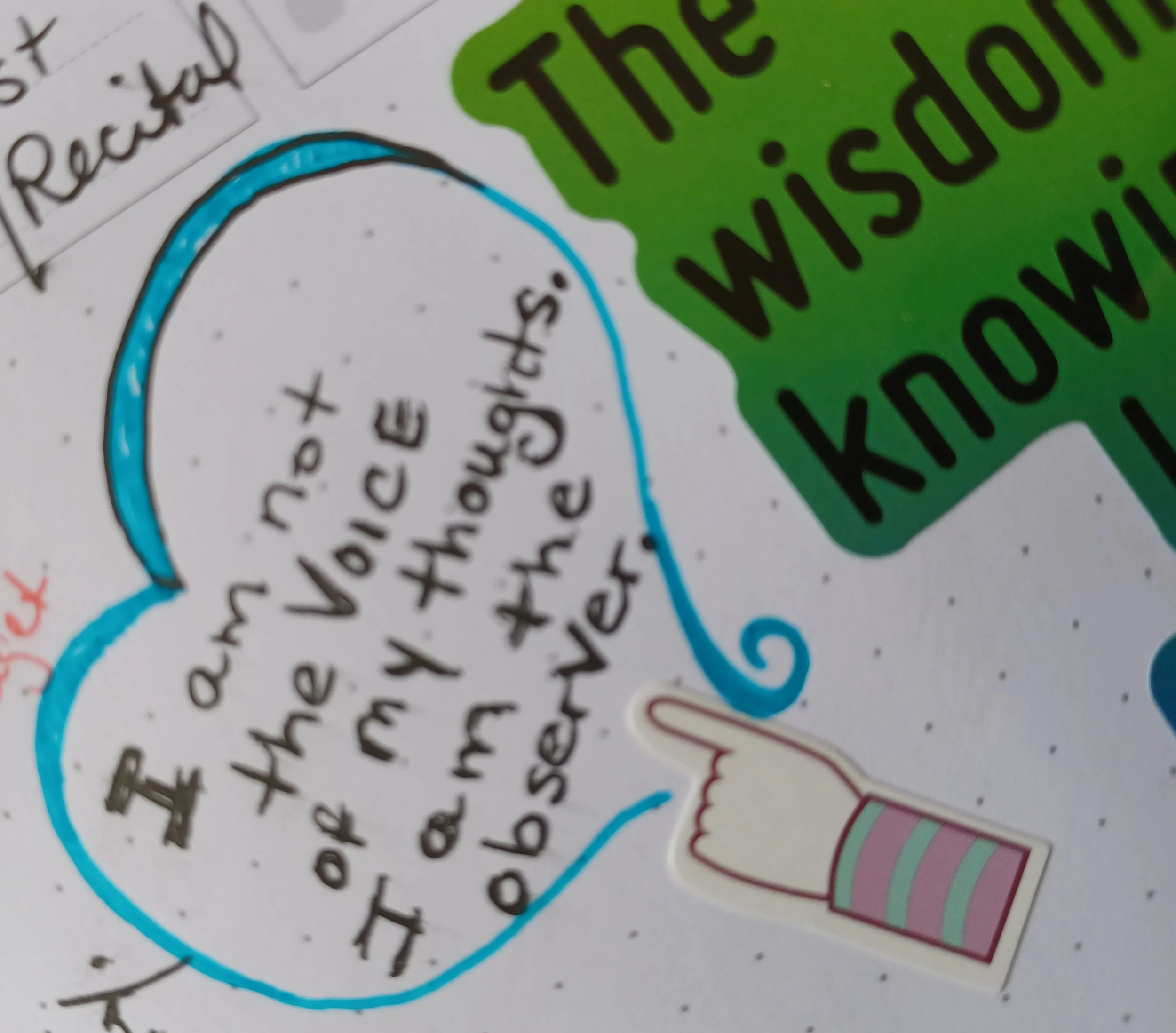Rewiring the Fear Behind Procrastination
All it takes is giving procrastination a little attention, and it shows up ready to wreak havoc in your life. Last week, I wrote about procrastination and ten ways to put it behind you. Naturally, this past week brought me two situations that tested my ongoing struggle with it. They reminded me how much of a battle it has always been—and still is—for me to work efficiently and push back against what I call procrastination freeze.
What do I mean by that? Let me explain.
In my early adulthood, procrastination made me feel lazy, dishonest, unreliable, and inefficient. It affected both my professional and personal life so deeply that I began to see myself in those negative terms. At times, I would say I’d do something, but never follow through—not because I didn’t want to, but because I kept telling myself, “I’ll get to it tomorrow,” without taking any real step toward action. Over time, those patterns led me to limit relationships (so I wouldn’t “fail” people) and to compensate with an obsessive, though not always effective, work ethic. It took a long time, and a good deal of personal curiosity, to realize procrastination wasn’t about laziness at all—it was about fear.
Most people procrastinate occasionally as a simple miscalculation of time or energy. But for some of us, it’s a core struggle. Often, that struggle is rooted in childhood trauma. That’s true in my case. (If you’d like to read more on this connection, here’s a helpful article: https://www.psychologytoday.com/us/blog/tech-support/202105/the-childhood-roots-of-procrastination).
Deep healing for me didn’t begin until I started writing about my family and our generational damage. But even writing—the very thing helping me heal—was blocked by procrastination. The cycle could have kept me trapped forever. At times it felt like sheer stubborn will to break it. I had to step outside of that cycle in small, deliberate ways (see last week’s post). Which brings me to the two recent moments I want to share.
Procrastination (Almost) Broke My Promise To Myself
I’d been putting off scheduling my editor for Book 2 of the Ruth Trilogy. Why? Because pulling up that book means diving deeper into brutal emotional territory. Staying in the lighter space of finishing Book 1 felt easier. But delaying the call to my editor almost cost me. By the time I reached out, her schedule was nearly full, and my publication timeline—already printed in Book 1—was in jeopardy.
Thankfully, she managed to fit me in. That close call showed me what was really at stake, and I decided not to repeat the mistake. I went ahead and scheduled her for Book 3—knowing it will be the hardest one to write. Making the commitment now ensures I’ll keep moving forward.
Coping strategies I used:
Naming the emotion behind the stall point: fear of emotional difficulty. Naming the real reason you’re hesitating goes a long way in defusing your other excuses.
Making myself accountable to others. I tend to need BIG accountability so I committed to my editors schedule and made the deposit.
New Habits Made Me Feel Like I’d Made Progress
Later in the week, I found a note in my calendar reminding me to send in applications for a curated book event. Technically, the deadline isn’t until November. My instinct? Put it off. Why rush? But the truth was, I feared rejection.
The note in my calendar forced me to pause and reconsider. This was the week I had time to complete them, and I knew if I delayed, I might miss the deadline. So instead of giving in to fear, I leaned into a new habit: follow the calendar, do the task, don’t overthink. I filled out the applications, mailed the galleys, and let myself feel proud—because the “me” who can risk failure is stronger than the “me” who hides from it.
Coping strategies I used:
Writing everything in my calendar, then holding myself to it.
Naming the emotion beneath the stall point: fear of rejection.
Refusing to overanalyze—and just do it. (Basically I told my overthinking, overanalyzing brain to Zip It!)
Our childhoods wire us in complicated ways. If that wiring got crossed, the work of adulthood is re-wiring—cycle breaking. And cycle breaking doesn’t just mean facing the big things; it also means meeting the little everyday fears with the same tenacity.
For years, I thought procrastination meant I was lazy or unreliable. Now I know it was fear—fear of failure, fear of rejection, fear of feeling too much. And while that fear still whispers at me, I’ve learned to face it. The thing I find that propels us forward in our desire to rewire is curiosity. I’m learning (note the present tense) to be curious about those parts of me that are inclined to self-sabotage. Because curiosity often leads to discovery.
Speaking of curiosity… I’ve shared my story—now I’d love to hear yours. How do you deal with procrastination?
Join my reader list and you’ll be the first to know when new work is on the way—sometimes even before it’s finished. You’ll also get access to special pricing just for readers who’ve been here from the beginning. No pressure, no clutter. Just quiet notes, early pages, and the occasional thank-you.
